FLU
What is "FLU"?
![]() Flu is also called influenza (in-floo- EN-zuh). The flu illness is caused by influenza viruses. There are many different subtypes of this virus. All strains are named starting with an A or B type (such as Influenza A H1N1 or Influenza A H3N2). Flu viruses are constantly changing, so it is not unusual for new flu strains to appear and result in the flu even though you may have gotten the vaccine. Hence it is important to get a new flu vaccine every year, to protect yourself against the type of strain more prevalent in a particular year.
Flu is also called influenza (in-floo- EN-zuh). The flu illness is caused by influenza viruses. There are many different subtypes of this virus. All strains are named starting with an A or B type (such as Influenza A H1N1 or Influenza A H3N2). Flu viruses are constantly changing, so it is not unusual for new flu strains to appear and result in the flu even though you may have gotten the vaccine. Hence it is important to get a new flu vaccine every year, to protect yourself against the type of strain more prevalent in a particular year.
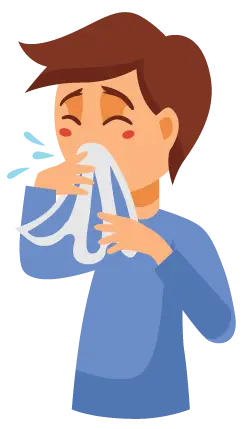
How flu is caused and how does it spread?
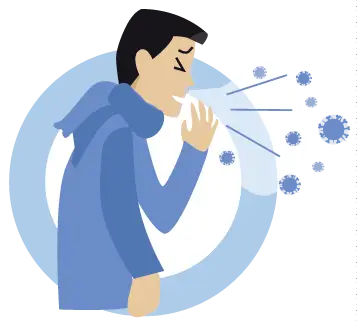
The flu is caused by influenza viruses that infect the nose, throat, and lungs. These viruese spread when people with flu cough, sneeze or talk, sending droplets with the virus into the air and potentially into the mouths or noses of people who are nearby.
How do I know if I have the flu?





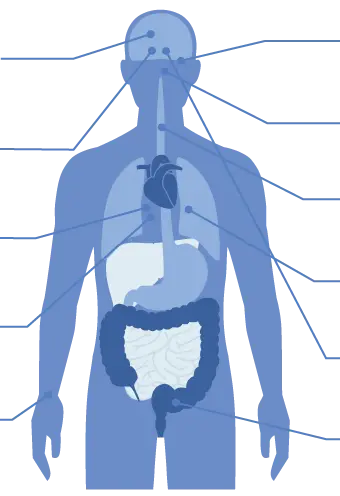






diagnosed?
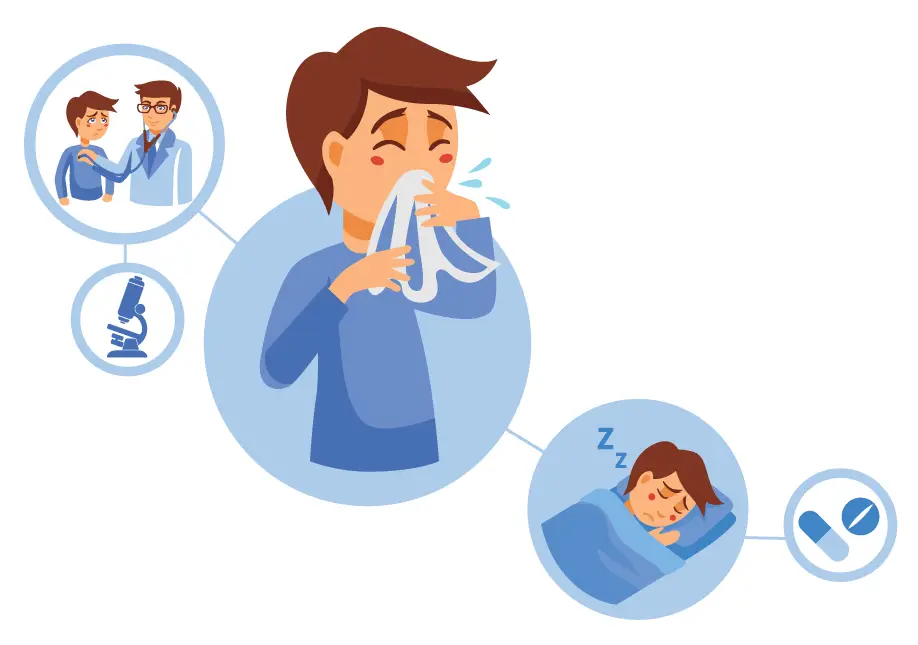
treated?
What is the flu vaccine?
The flu vaccine can protect you against some types of flu virus. It takes about 2 weeks after vaccination for antibodies to form that can help protect you. There are four ways you can get the flu vaccine this season. The flu vaccine, like any other vaccine works by familiarizing your body’s immune system or defence mechanism against the particular strain of the virus. It helps your immune system build memory towards a viral strain, by getting sensitized to it through a vaccine. Hence, when a live virus strikes your body during a flu attack, your body recognizes it easily and mounts a counter-attack in the form of antibodies.
Children between the ages of 6 months and 8 years who are getting a flu vaccine for the first time need to get 2 doses, at least 4 weeks apart for full protection. The first dose should be given as soon as possible after the vaccine becomes available. Children in this age group who have only gotten 1 dose in the past, will also need 2 doses this season. Check with your primary care provider to see how many doses your child needs.
Who should receive a flu vaccine?

All adults and children 6 months of age and older

Adults and children with the following:
◆ Chronic lung disease (including emphysema, COPD and asthma)
◆ Chronic heart disease (except high blood pressure)
◆ Chronic metabolic diseases (including diabetes)
◆ Kidney disease
◆ Hepatic (liver) disease
◆ Blood disorders (including sickle cell anemia)
◆ Those with weakened immune systems such as
those with HIV/AIDS or those who have low immunity from chronic steroids, chemotherapy or radiation therapy
◆ Children and teenagers who take daily aspirin therapy
◆ Caregivers who live with or care for those at high risk for serious complications from the flu
◆ People who are very obese with body mass index
of 40 or higher

Caregivers of infants less than 6 months

Most healthcare providers are required to get the flu vaccine

People who are at risk of getting a severe flu illness include:
◆ People over 50 years of age (a higher strength version of the vaccine is recommended for people 65 years and older)
◆ Pregnant women and those planning pregnancy during the
flu season
◆ Young children
What can I do to prevent the flu?


especially hand hygiene

people who are sick

medical problems,
such as asthma

being around any
tobacco smoke



nose or mouth to prevent
spreading germs



What if I have flu?

Flu, if unattended to, can have serious complications, especially if you have serious and chronic underlying medical conditions. If you experience the symptoms of flu, please consult your doctor at the earliest for a diagnosis and for medical help
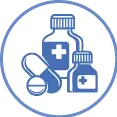
Treat signs of flu with medicines that relieve pain and fever such as acetaminophen (like Tylenol®) or ibuprofen (like Motrin® and Advil®). Never give a child aspirin without first speaking to your healthcare provider.

Drink plenty of liquids
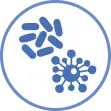
Avoid touching your eyes, nose or mouth to prevent spreading germs

Stay home from work or school to keep from giving others the flu
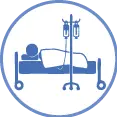
Seek medical care immediately if you experience any of the following signs
◆ Difficulty breathing or shortness of breath
◆ Pain/pressure in the chest or abdomen
◆ Severe vomiting that does not go away
◆ Sudden dizziness
◆ Confusion
Adapted from the patient education, information sheet of the American Thoracic Society








